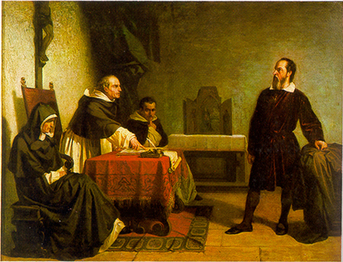(After Exodus 18)
Moshe won't release himself from the burden that is crushing him.
And Yitro says, “What you are doing is not right."
"You're going to wear yourself out, and the people along with you."
And Isn't it true that there is nothing we fight for so fiercely
As the right to hold onto the thing that is killing us?
Alcohol, cigarettes, lousy boyfriends, jobs we hate,
Needing to be right, needing to be needed, needing to be afraid.
Being in charge, being in debt, being with someone, being left alone,
And money, money, money, money, money, money, money.
Now listen to me. I will set you straight (and You-Know-Who be with you).
You are holy and the only one who can save you.
You are the dispute. You are the resolution.
Set them all free and let yourself be.
Other Posts on This Topic:
Bo: Hitting Rock Bottom




 RSS Feed
RSS Feed
